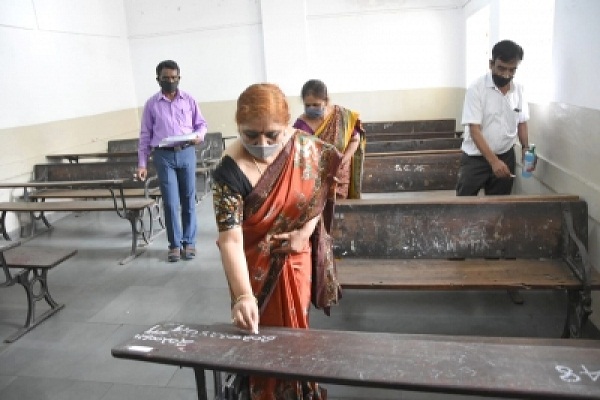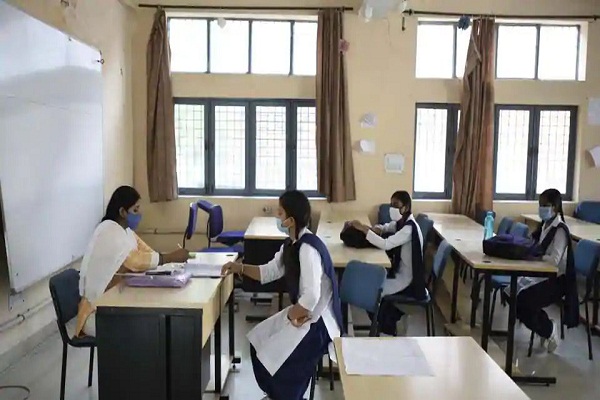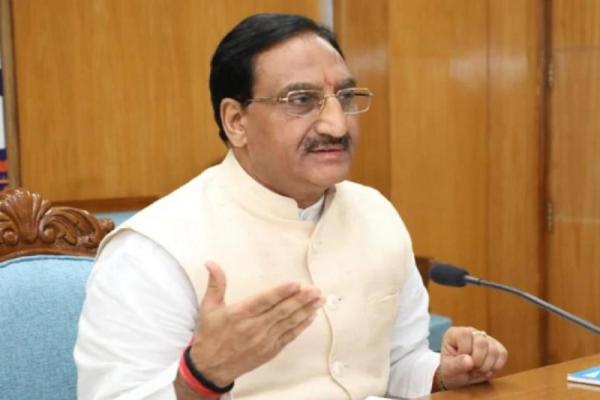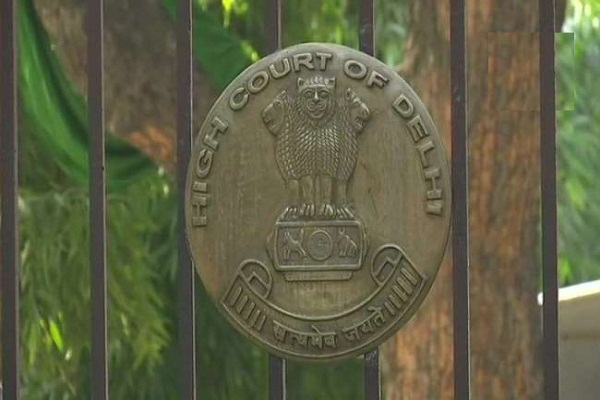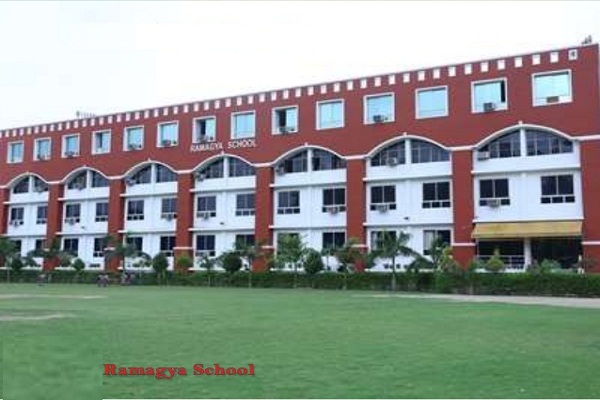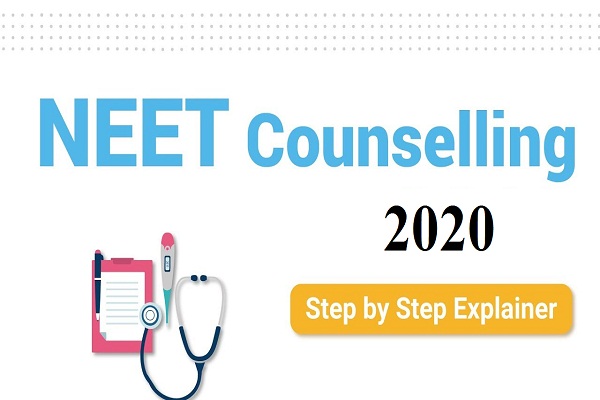In a major development, the online registration process for medical, dental counselling based on National Eligibility cum Entrance Test (NEET) has been postponed. As per the official notice, the delay has been caused “due to some technical reasons”.
The registration for counselling which was to begin on October 27 will now begin on October 28. Candidates will have to apply at mcc.nic.in.
Seats to medical, dental and allied fields will be granted after counselling. This year, admission to JIPMER and AIIMS will also be given based on NEET counselling. Earlier, the entrance gateway for the institutes was based on separate entrance exams. MCC conducts the central counselling for 15 per cent seats to MBBC, BDS colleges across India while state-wise counselling sessions are held for remaining seats.
Also read: MCC begins NEET PG 2020 second counselling
This year, spouses and children of terror attack victims will also get reservation in MBBS and BDS admissions. The reserved seats will be from the central pool of seats for medical admissions.
It has been decided by MCC that the earlier eligibility criteria of 15 per cent AIQ wherein total candidates called for counselling were five times the number of seats available for allotment were (as being done previously) has been abolished. All candidates will be eligible till exhaustion of seats.
After registering themselves, students will be allowed to select their course and college of choice under choice filing. Seats will be alloted based on both merit and choice.








